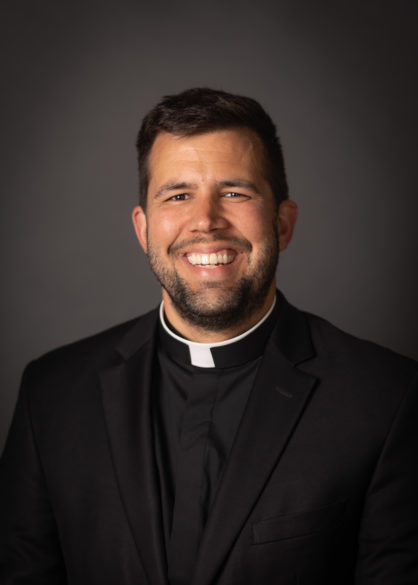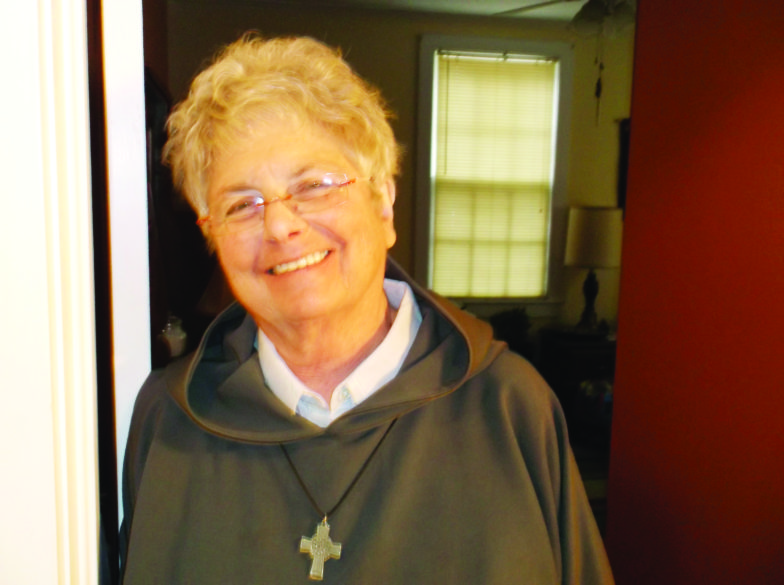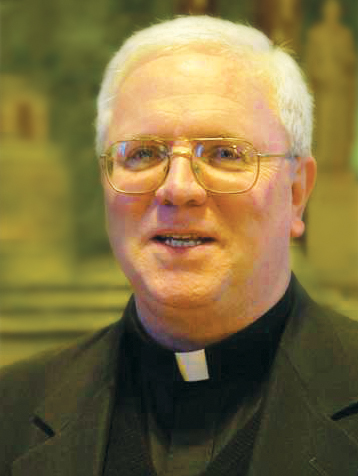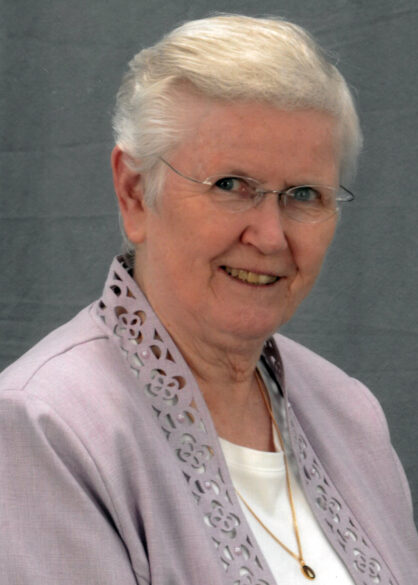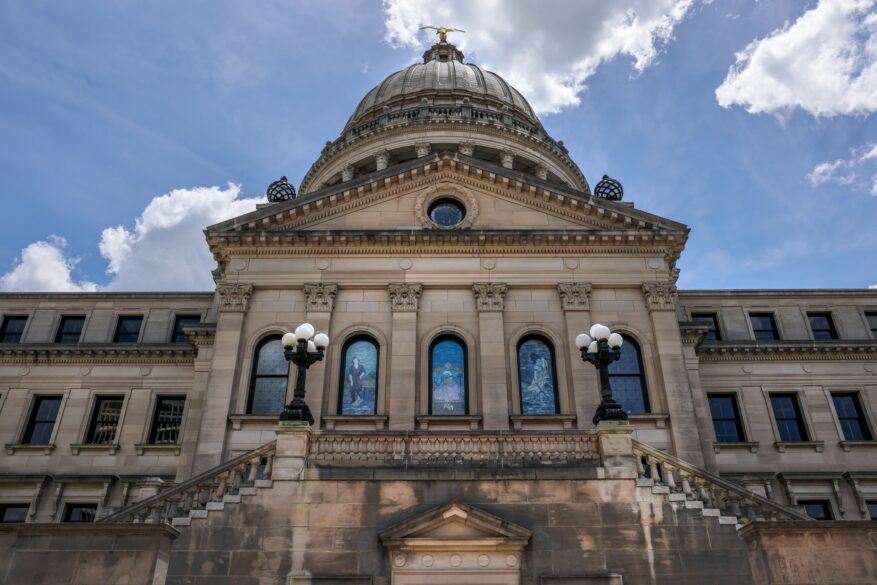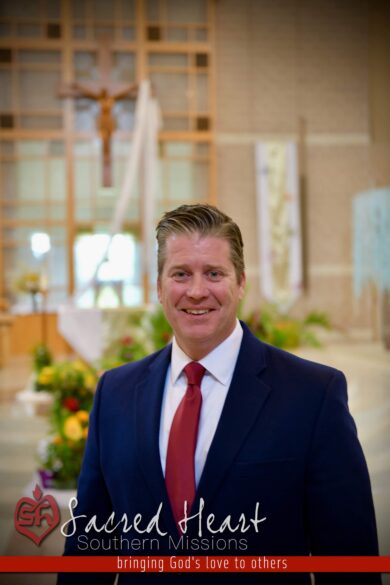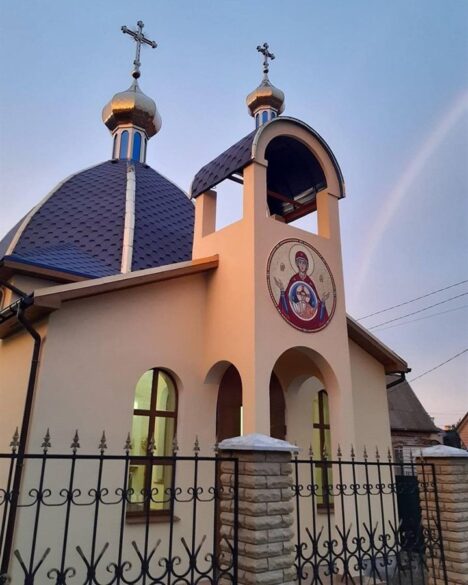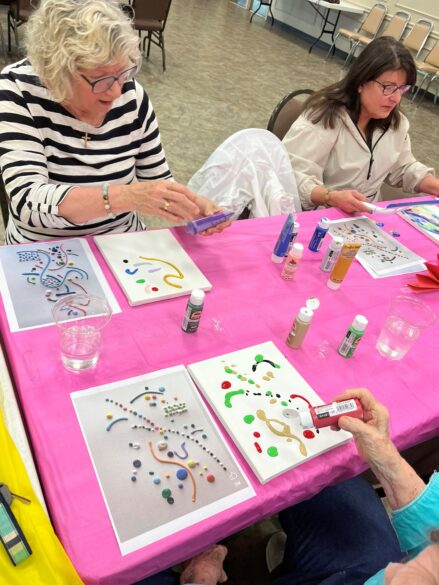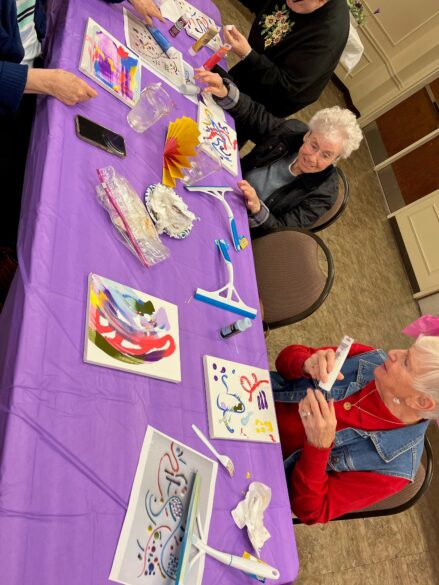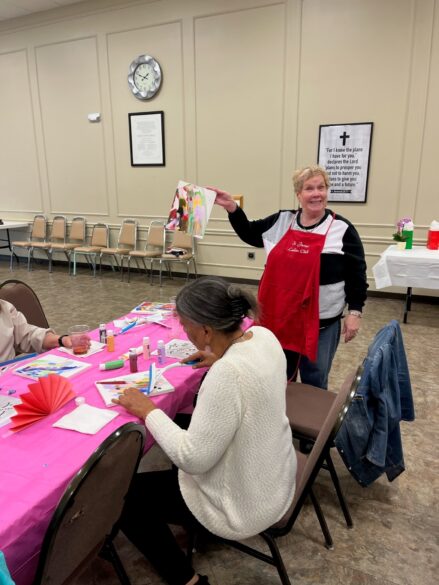IN EXILE
By Father Ron Rolheiser, OMI
There’s a saying attributed to Attila the Hun, a 5th century ruler infamous for his cruelty, which reads this way: For me to be happy, it’s not just important that I succeed; it’s also important that everyone else fails. I suspect that Atilla the Hun was not the author of that, but, no matter, there’s a lesson here.
The Gospels tell us that God’s mercy is unlimited and unconditional, that God has no favorites, that God is equally solicitous for everyone’s happiness and salvation, and that God does not ration his gift of the Spirit. If that is true, then we need to ask ourselves why we so frequently tend to withhold God’s Spirit from others in our judgments – particularly in our religious judgments. We are blind to the fact that sometimes there’s a little of Attila the Hun in us.

For example, how prone are we to think this way? For my religion to be the true, it’s important to me that other religions are not true! For my Christian denomination to be faithful to Christ, it’s important that all the other denominations be considered less faithful. For the Eucharist in my denomination to be valid, it’s important that the Eucharist in other denominations be invalid or less valid. And, since I’m living a certain sustained fidelity in my faith and moral life, it’s important to me that everyone else who isn’t living as faithfully does not get to heaven or is assigned to a secondary place in heaven.
Well, we aren’t the first disciples of Jesus to think this way and to be challenged by him in our Attila the Hun proclivities. This is in fact a large part of the lesson in Jesus’ parable regarding an over-generous landowner who paid everyone the same generous wage no matter how much or little each had worked.
We are all familiar with this story. A landowner goes out one morning and hires workers to work in his fields. He hires some early in the morning, some at noon, some in mid-afternoon, and some with only an hour left in the workday. Then he pays them all the same wage – a generous one. The people who worked the full day understandably became resentful, upset that (while their wage was in fact a generous one) they felt it was unfair to them that those who had worked a lot less should also receive an equally generous wage. The landowner in response says to the complainant, “Friend, I am not being unjust to you. Didn’t you agree to this wage? Why are you envious because I am generous?” (Matthew 20:1-16)
Notice that Jesus addresses the one making the complaint as ‘friend.” That’s a designation for us, we, the ones who are faithfully doing the full day’s work. Note his tone is warm and soft. However, his challenge is less warm and soft: Why are you jealous because God is overly generous? Why is it important to us that because we are doing things right, that God should be hard on those who aren’t?
Full disclosure: sometimes I imagine myself, after having lived a life of celibacy, entering heaven and meeting there the world’s most notorious playboy and asking God, “How did he get in here?” and God answering, “Friend, isn’t heaven a wonderful place! Are you envious because I am generous?” Who knows, we might even meet Attila the Hun there.
One of the core values held by a certain group of Quakers is something they call generous orthodoxy. I like the combination of those two words. Generosity speaks of openness, hospitality, empathy, wide tolerance and of sacrificing some of ourselves for others. Orthodoxy speaks of certain non-negotiable truths, of keeping proper boundaries, of staying true to what you believe and of not compromising truth for the sake of being nice. These two are often pitted against each other as opposites, but they are meant to be together. Holding ground on our truth, keeping proper boundaries and refusing to compromise even at the risk of not being nice is one side of the equation, but the full equation requires us to be also fully respectful and gracious regarding other people’s truth, cherished beliefs and boundaries.
And this is not an unhealthy syncretism, if what the other person holds as truth does not contradict what we hold – although it might be very different and may not in our judgment be nearly as full and rich as what we hold.
Hence, you can be a Christian, convinced that Christianity is the truest expression of religion in the world without making the judgment that other religions are false. You can be a Roman Catholic, convinced that Roman Catholicism is the truest and fullest expression of Christianity, and your Eucharist is the real presence of Jesus, without making the judgment that other Christian denominations are not valid expressions of Christ and do not have a valid Eucharist. There’s no contradiction there.
You can be right, without that being contingent on everyone else being wrong!
(Oblate Father Ron Rolheiser is a theologian, teacher and award-winning author. He can be contacted through his website www.ronrolheiser.com.)

